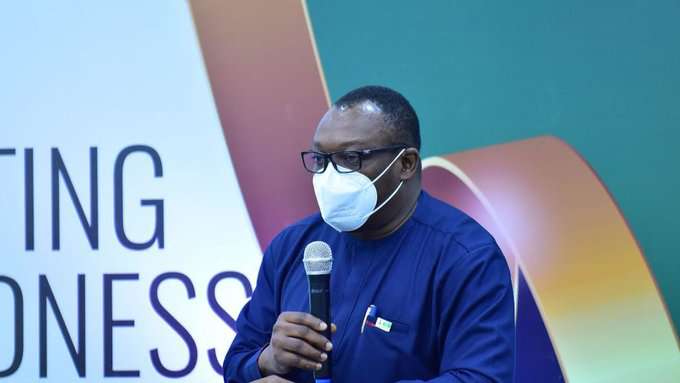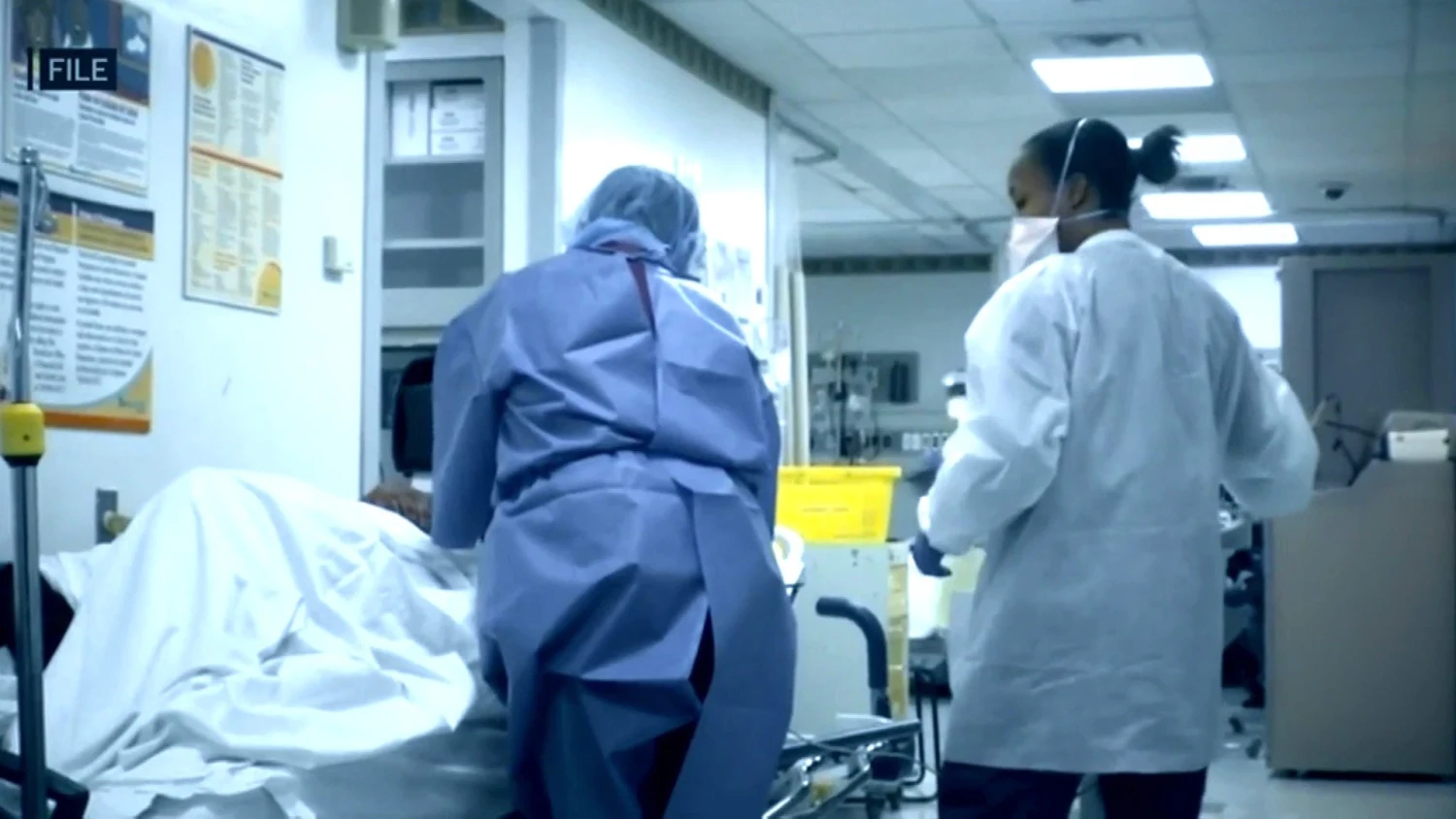Editorial
Editorial: Lockdown: Opening the road to Golgotha

Recently President Buhari lifted the total lockdown imposed on March 30 2020, in response to the rising incidence of the global pandemic, Coronavirus, in the two states of Lagos and Ogun, and the FCT, Abuja. The action became necessary following the unintended consequences of the four weeks lockdown which threatened to disrupt public peace and the normal process of governance. Most people had supported the lockdown by the government when it was initially announced but the eventual outcome turned out differently.
While imposing the lockdown, President Buhari had promised to provide some palliatives to Nigerians to mitigate the impact on a large number of the population who live on daily income to survive. But after four weeks of waiting, it was clear to even the blind and deaf that government was either unprepared or unwilling to fulfil its promise.
The immediate reaction was the upsurge in security threat and robberies, as criminal elements resorted to self-help to cushion their suffering. In the two states of Lagos and Ogun, residents could no longer sleep with both eyes closed and several neighbourhoods had to raise their vigilante groups to secure their areas as the formal security agencies proved inadequate for the occasion.
Then there was a groundswell of public angst and outcry against the government over the legitimacy and moral authority of its action when it could not fulfil its promise as the basis for the lockdown. It was a no-win situation for the federal government, which had to buckle down under this circumstance to lift the lockdown. There was also the problem of the economy which had been grounded for four weeks without any assurance of a possible end in sight as the fight against the pandemic was just about beginning to take off.
So, the action of lifting the lockdown was not informed by the objective review of the health situation and improved handling of the COVID-19 spread in the country, but a political and economic action to stem a breakdown in law and order as well as the collapse of the economy, which had suffered without remedy. It was obvious that the lockdown came a little too early and merely to gain government time to prepare and put the required facilities in place to properly begin the real work of determining the level of infections in the country.
From every indication, it was a tough choice for the government, which had to decide between indefinite lockdown, and a total collapse of the economy and possibly serious security breaches. Having used four weeks to prepare, some level of easing was imperative to moderate the political and economic catastrophe that was imminent. Although an easing was inevitable at some point, it is clearly evident that the action was a mistake and possibly a health disaster that may cost the nation dearly.
Undoubtedly, the lifting was implemented at a time the infection rate was rising and has indeed experienced an astronomical spike since then from just 900 to over 3000 in the less than a week of lifting the lockdown. Predictably, many professional bodies and groups such as WHO, NMA, and resident doctors had warned against such precipitate move by the government when Nigeria was yet to determine the extent of the infections, not to talk of flattening the curve. In most other countries where lockdown had been implemented, easing was only considered after the infections curve had flattened.
With all the supposedly effective guidelines for the implementation of the lifting, the outcome was a complete disaster and damning proof of the failure of this government is not only taking a wrong decision by easing the lockdown but misjudging and misunderstanding the mental and material disposition and attitudes of the people. Everything caught government napping and frustrated, because it was a clear expression of people’s lack of confidence and trust in the government, and deciding to take their destiny into their own hands.
At the current level or rate of testing which is about 1500 a day facilities are already over-stretched in both Lagos and Kano, the new epicentre, and it is doubtful if the rate of provision of facilities will keep pace with the rate of isolation, testing and positive results; especially with about 3000 Nigerians expected to be flown in from abroad within the next few days. It is a looming disaster that this government by its thoughtlessness and incompetence has inadvertently imposed on Nigerians.
With the complete chaos in Kano and Lagos, the government has lost the initiative over the fight and will have to depend on the goodwill and responsibility of the people to save the situation. Any threat of a re-imposition of lockdown is hot air and will be a huge price for everybody to pay; the government has lost the moral authority and trust of the people, having failure them earlier. Many people would prefer to be arrested by security agencies than subject themselves to the suffering and indignity of another lockdown.
The extension of the flight ban by a full month is a pointer to the wrong timing of the lifting, and the shortage of testing kits and isolation facilities already being experienced are proofs of it. To contemplate another lockdown without well-administered provision of palliatives, which are the succours in the places from which it was borrowed, will be courting social unrest in the country. What happened in Gombe last week, where those in an isolation facility broke free and rejoined the society for lack of attention and care is a clear picture of what lies ahead.
It is the position of this newspaper that the government should, therefore, intensify its public campaign and social appeals to the people to adhere to approved standards and guidelines for social interactions. As it stands now, it is obvious that nobody, including government, knows what will happen; we have all become victims of hope of the unknown for better or for worse – especially for worse because the pendulum is swinging in that direction.








